Guardians of the Giants: Colombia's Commitment to Whale Conservation
Balancing Tourism and Stewardship to Protect Humpback Whales on Their Epic Migration
Every year, the Pacific coast of Colombia becomes a vital sanctuary for humpback whales, drawing these majestic creatures from their feeding grounds in the frigid waters of Antarctica and Chile to the warm, nutrient-rich waters of Colombia. This incredible migration, spanning over 8,500 kilometers, is a testament to the resilience and instinct of these marine giants. However, the journey is fraught with challenges that underscore the need for comprehensive and enforceable conservation efforts.
Challenges Faced by Migrating Humpback Whales
Humpback whales face numerous threats during their epic migration. As they traverse diverse ecosystems, they encounter varying environmental conditions, including changes in temperature and food availability. Human activities compound these challenges, posing significant risks such as vessel collisions, bycatch in fishing gear, and noise pollution from shipping and seismic exploration. These threats can lead to behavioral changes, hearing damage, and even strandings.
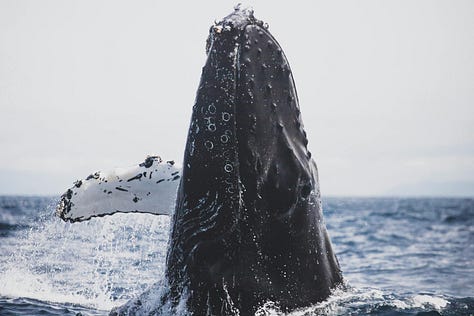
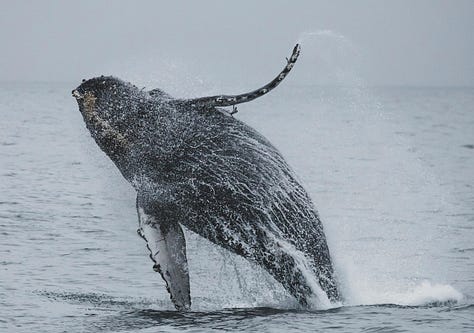
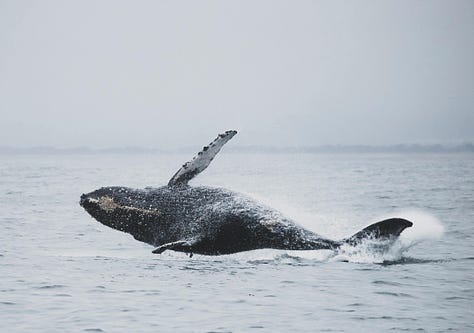
Conservation Efforts in Colombia
In response to these challenges, Colombia has implemented several measures to ensure the sustainability of whale-watching practices and the protection of these creatures. The Colombian government has established guidelines aimed at minimizing the impact of tourism on whales. These include maintaining a safe distance of at least 200 meters from the whales, limiting the time spent observing them, and restricting the number of boats allowed near a group of whales. Swimming with whales is also prohibited, and boat speeds are strictly regulated to reduce collision risks.
However, the non-enforceable nature of many of these guidelines poses a significant challenge to their effectiveness. While the regulations are well-intentioned, their impact is often limited by the lack of enforcement mechanisms. This gap highlights the need for stronger legal frameworks and more rigorous monitoring to ensure compliance.
Economic Impact and Community Involvement
The burgeoning whale-watching industry presents both opportunities and challenges for Colombia. The increase in boat traffic during the whale-watching season is a significant concern, as maritime traffic is one of the greatest global threats to whales. This traffic overlaps spatially and temporally with areas used by humpback whales, particularly in popular destinations like Bahía Málaga, leading to concerns about the pressure on these marine mammals.
Despite these challenges, whale-watching also provides critical economic benefits to coastal communities. For example, local operators in Bahía Málaga rely heavily on eco-tourism to sustain their livelihoods. However, balancing economic gain with environmental protection requires careful management. Education and training initiatives are crucial in this regard, helping operators understand the importance of sustainable practices and the long-term benefits of protecting whale habitats.
Projects in Tribugá's Gulf, for example, aim to establish a baseline for vessel disturbances and provide training to whale-watching operators. These efforts are part of a broader strategy to ensure that whale-watching is conducted in a manner that minimizes impact on whale habitats while supporting the local economy. By involving local communities and environmental authorities in the conservation process, Colombia is taking a holistic approach to whale protection.
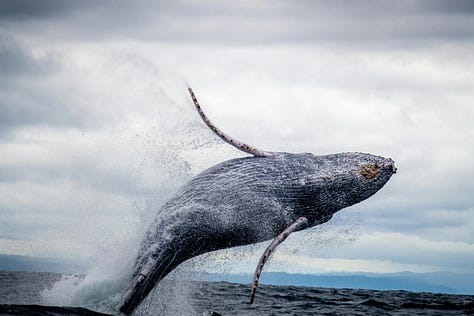
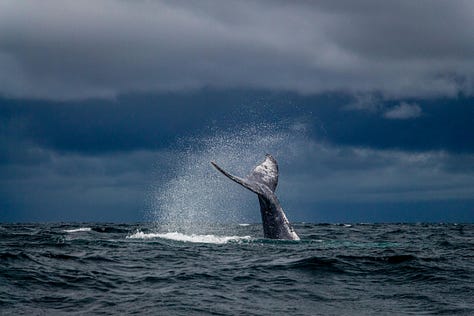

Implications for Conservation and Human Stewardship
The annual migration of humpback whales to Colombia's Pacific coast highlights the intricate balance between human activity and environmental stewardship. It presents an opportunity for Colombia to lead by example in marine conservation, demonstrating how tourism can coexist with wildlife protection. By fostering a culture of respect and responsibility towards these marine visitors, Colombia not only safeguards the whales but also enhances the economic well-being of coastal communities reliant on eco-tourism.
Colombia's efforts, while commendable, underscore the need for international cooperation in protecting migratory species. Strengthening enforcement mechanisms, increasing education and awareness, and promoting responsible tourism practices are crucial steps toward ensuring the long-term survival of these ocean titans. As we continue to marvel at the grace and power of these creatures, it is imperative that we strengthen our commitment to preserving their natural habitats, ensuring that future generations can witness such awe-inspiring spectacles.
A Call to Action
As global citizens, tourists, and stakeholders, we have a role to play in the preservation of humpback whales and their habitats. Supporting stricter enforcement of conservation guidelines, choosing responsible tour operators, and advocating for stronger international protection measures are just a few ways we can contribute to these efforts.
To take your involvement a step further, consider supporting Fundación Yubarta, an organization at the forefront of protecting humpback whales in Colombia. Based in the Pacific region, Fundación Yubarta is dedicated to research, conservation, and education, working closely with local communities to promote sustainable practices and protect the natural habitats of these marine giants.
By supporting Fundación Yubarta and similar initiatives, you help ensure that the breathtaking sight of humpback whales breaching off Colombia’s coast remains a reality for generations to come. Together, we can safeguard these majestic creatures and the ecosystems they depend on.
Disclaimer:
The mention of Fundación Yubarta in this article is solely for informational purposes. I do not receive any financial benefit or compensation from promoting this organization.
Ed Boks is a former Executive Director of the New York City, Los Angeles, and Maricopa County Animal Care & Control Departments. His work has been published in the LA Times, New York Times, Newsweek, Real Clear Policy, Sentient Media, and now on Animal Politics with Ed Boks. He is available for consultations at animalpolitics8@gmail.com



Ed, thanks for sharing this information today. Complexity of ecosystems is brain food for me. I thought of krill and their vitality for vast numbers of animal species. Whales included. I interject this only to amplify your advocacy for Humpback Whales. Global warming and acidification of waters from excessive carbon dioxide levels (both harmful to krill) adds to the complexity of protecting Humpback Whales.
Manatees in the waters of Florida face similar threats to their survival. Ones I see in the Wakulla River and St. Marks River exhibit extensive propellor wounds, often the length of their backs. No wake zones seem to encourage some boaters to go even heavier on the throttle. Prolonged cold snaps-temperatures at/below 60°F-send manatees to primary springs for warmer water as they retreat from open Gulf waters. Often the lack of grasses they favor lead to emaciation and death. Some dietary intervention, using foods like lettuce, are made but seem haphazard.
My dream would be teaching today’s youth about both micro and macro ecosystems in middle school. The planting of seeds. Thanks again, Ed.